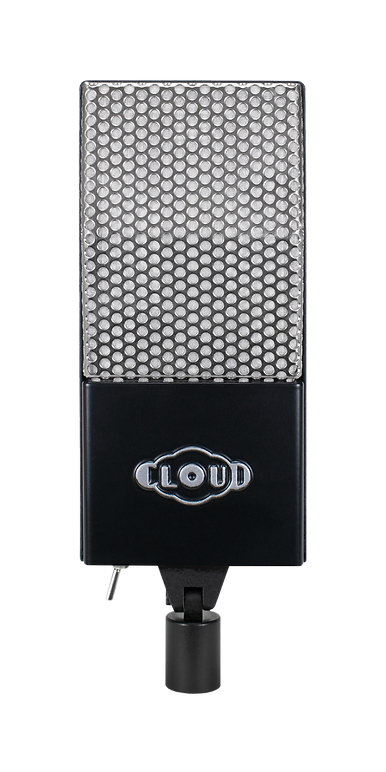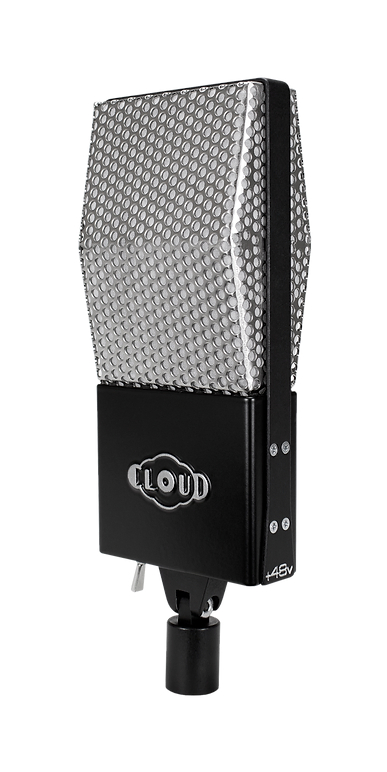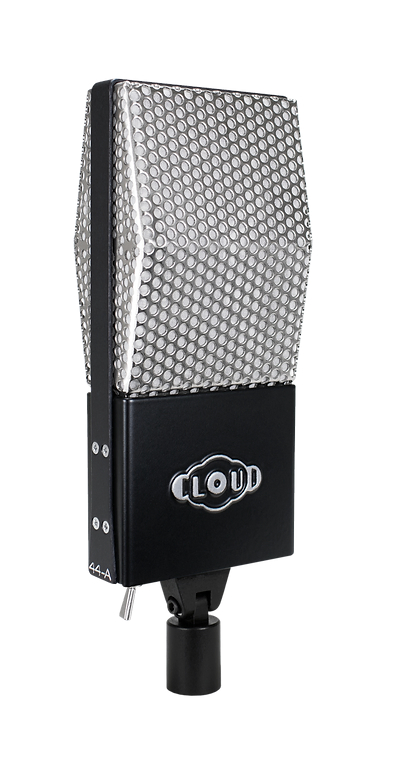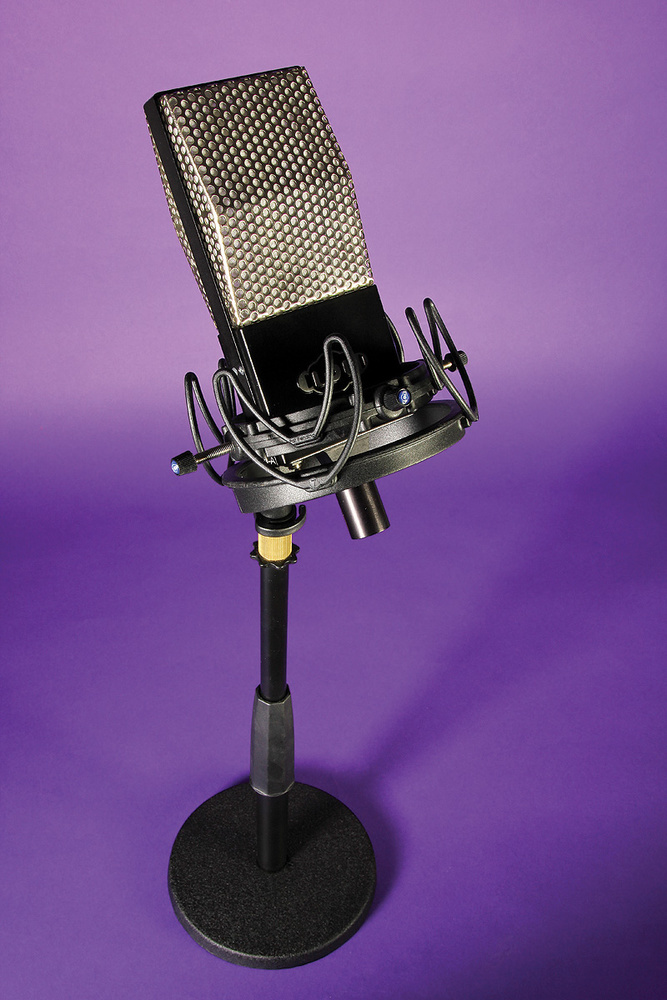Cloud Microphones 44-A Ribbon Microphone Specifications:
Figure 8 polar pattern, excellent side null rejection
Frequency Response: 20 Hz to above 20 kHz
Maximum SPL: 138 + dB SPL above 1 kHz
Output Sensitivity: -28 dBv/Pa
Output Impedance (in Ohms): 150 ohms
Phantom Powered “Cloudlifter” Class A, Discrete Circuitry
Ribbon dimensions: .19" wide, 2.35" long, 1.8 microns thick
New mount offers 180 degree range of motion
Internally shock mounted
2 year ribbon warranty
Free limited lifetime warranty on all other parts
Handmade entirely in the USA
Dimensions: 7.75” x 3” x 1.75”
Weight: 1.07lbs
Recommended Load (in Ohms): 1kohm or greater
Supply Current: 4mA
Filter Frequency: 80Hz
Accessories: cover
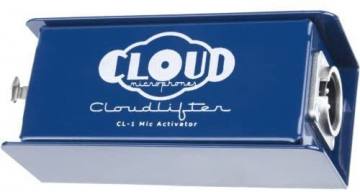

 Product is toegevoegd aan uw winkelwagen
Product is toegevoegd aan uw winkelwagen
